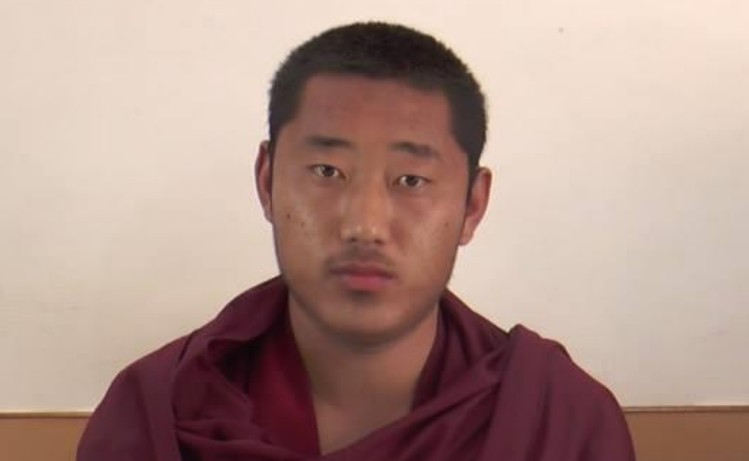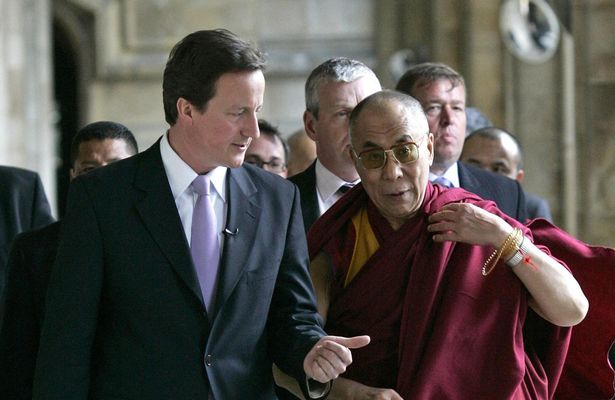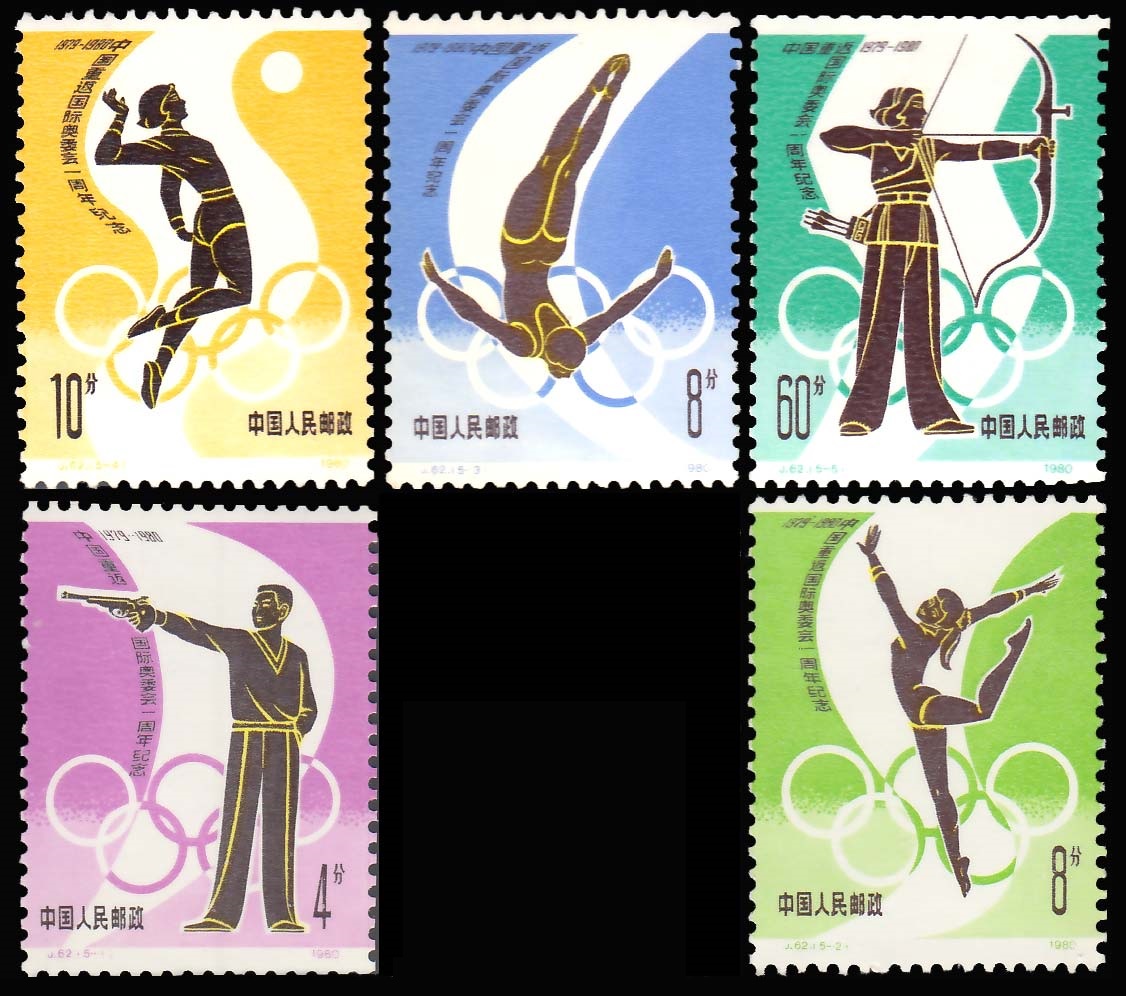“They would pour boiling hot water on us” — Free Tibet submits torture evidence as China reviewed at UN Director meets Committee Against Torture
Campaign group Free Tibet and its research partner Tibet Watch provided oral evidence to the United Nations’ Committee Against Torture Monday, following up their written submission detailing the continued use of torture across Tibet. The groups’ report “Torture in Tibet” contains graphic testimonies from torture survivors, records deaths in custody as a result of torture and details how Tibetan prisoners continue to face degradation, abuse and mental and physical torture.
The submission and presentation form part of the Committee Against Torture’s (CAT) review of China’s compliance with the International Convention Against Torture which the PRC ratified in 1988. China was last reviewed by the committee in 2008, when it found torture across China and Tibet to be “widespread” and “routine” and expressed “great concern” about reported torture and state violence in Tibet.
“Torture in Tibet” (co-authored with Tibetan political prisoner association Gu Chu Sum) records the testimony of Gonpo Thinley, jailed following the 2008 Uprising in Tibet:
“They tortured us using electric batons, metallic water pipes and handcuffs. If our answers didn’t satisfy the interrogator, they would pour boiling hot water on us. They also tied both hands up on the ceiling and beat us on our feet with batons. We were hanging above the ground. Sometimes they also used electric batons in our mouth, which caused us to lose consciousness. During cold days or winter, we were put in cold water.”
A monk who wished to remain anonymous reported:
“They made us stand up in the sun for hours, even for the whole day following every interrogation, because we didn’t say anything. One of my friends was tied to the flagpole in the centre of the government campus for two days and two nights without food and water. They shoved me down over pieces of broken glass spread on the ground and beat me a lot with batons after I’d refused to confess. They said we were like animals because we said nothing in between beatings.”
In February, the three Tibet organisations submitted an initial joint report to CAT, providing case studies of tortured prisoners and those at risk of torture and detailing breaches of the Convention’s requirements. The committee subsequently raised these issues and cases with China as part of the preliminaries to the review. China’s delegation will be questioned by the committee on Tuesday and CAT’s final report will be issued early in 2016.
Free Tibet and Tibet Watch director Eleanor Byrne-Rosengren said:
“In their responses so far, China would have us believe that there is no torture in Tibet and our evidence is false. Today we will be urging the Committee Against Torture to press for answers on the questions China would rather avoid. If the Committee’s past performance is anything to go by then tomorrow we’ll see China squirm under international scrutiny and be asked to account for the Tibetans who have been convicted on the basis of confessions extracted by supposedly illegal torture and those who have left Chinese prisons either dead or permanently injured by years of torture and abuse.”
By Alistair Currie


